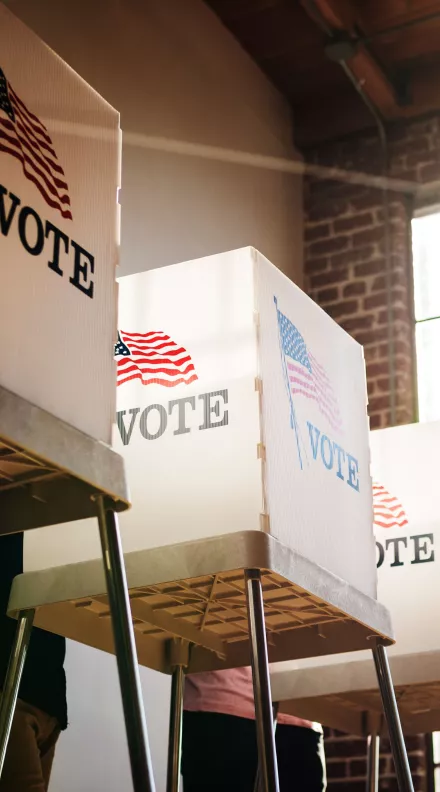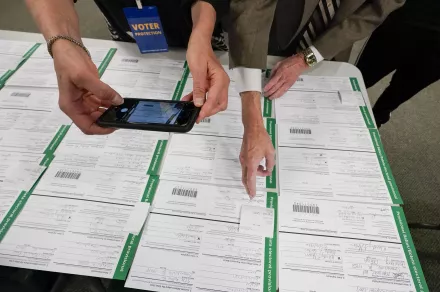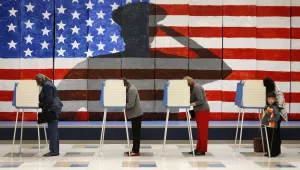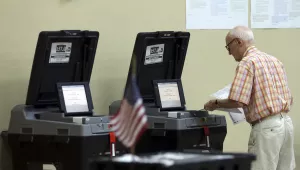
About the Defending Digital Democracy Project (D3P)
From 2017, the aim of the Defending Digital Democracy Project was to develop strategies, tools, and recommendations to protect democratic processes and systems from cyber and information attacks.
Directed by Eric Rosenbach, the project created a unique and bipartisan team comprised of top-notch political operatives, experts in technology, and leaders in the cyber and national security world, to offer concrete solutions to an urgent problem.
Foreign nations and non-state actors are not backing down in their efforts to hack systems, alter the outcome, and undermine confidence in our elections. The Defending Digital Democracy Project helped institutions fortify themselves against these attacks by:
- Developing solutions to share important threat information with technology providers, governments, political organizations;
- Providing election administrators, election infrastructure providers, campaign organizations and leaders involved in democratic processes with practical “playbooks” to improve their cybersecurity;
- Developing strategies for how the United States and other democracies can credibly deter hostile actors from engaging in cyber and information operations;
- Assessing emerging technologies, such as blockchain, that may improve the integrity of systems and processes vital to elections and democracy;
- And convening civic, technology, and media leaders to develop best practices that can shield our public discourse from adversarial information operations.

The Future of Election Security
The 2020 election presented a paradox. Despite dramatic changes to the election process due to the COVID-19 pandemic and increasingly complex threats since the 2016 election, 2020 was widely - at the time - regarded as “the most secure [election] in American history.” Operationally, it was also one of the smoothest. State and local election officials overcame unprecedented challenges and scarce resources to administer an election with fewer incidents of cyber compromises, technical failures or long lines than anticipated. After Election Day, recount procedures functioned as designed.
Yet, amidst these successes, officials from both parties faced a barrage of mis- and disinformation about the election process that served to undermine confidence in the result. Though the election security ecosystem survived the triple threat of cybersecurity, physical security, and mis- and disinformation in 2020, this success will prove to be hard to replicate in future election cycles without proper investment and reinforcement.
This report highlights D3P’s key recommendations for how these challenges can be addressed by state and federal legislators and policymakers. We believe these recommendations deserve serious consideration to create a more sustainable election ecosystem and stay ahead of challenges yet to come.












